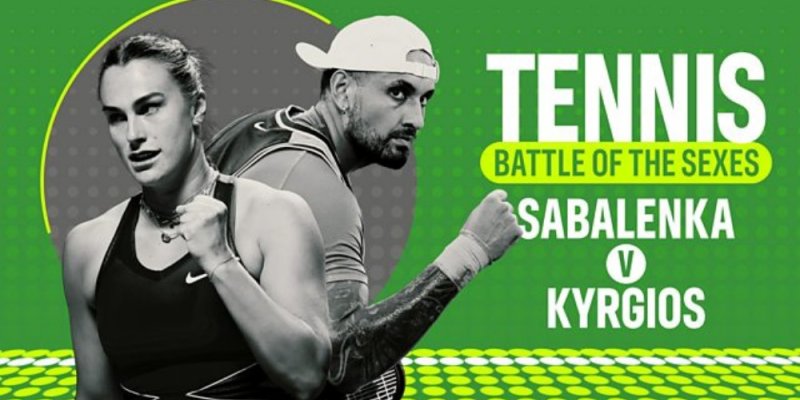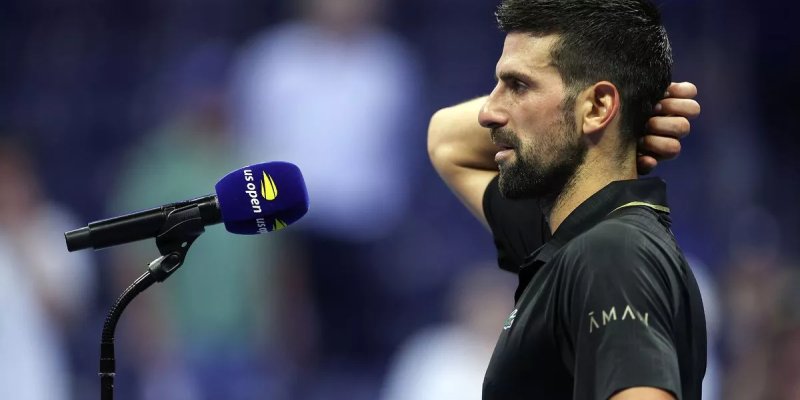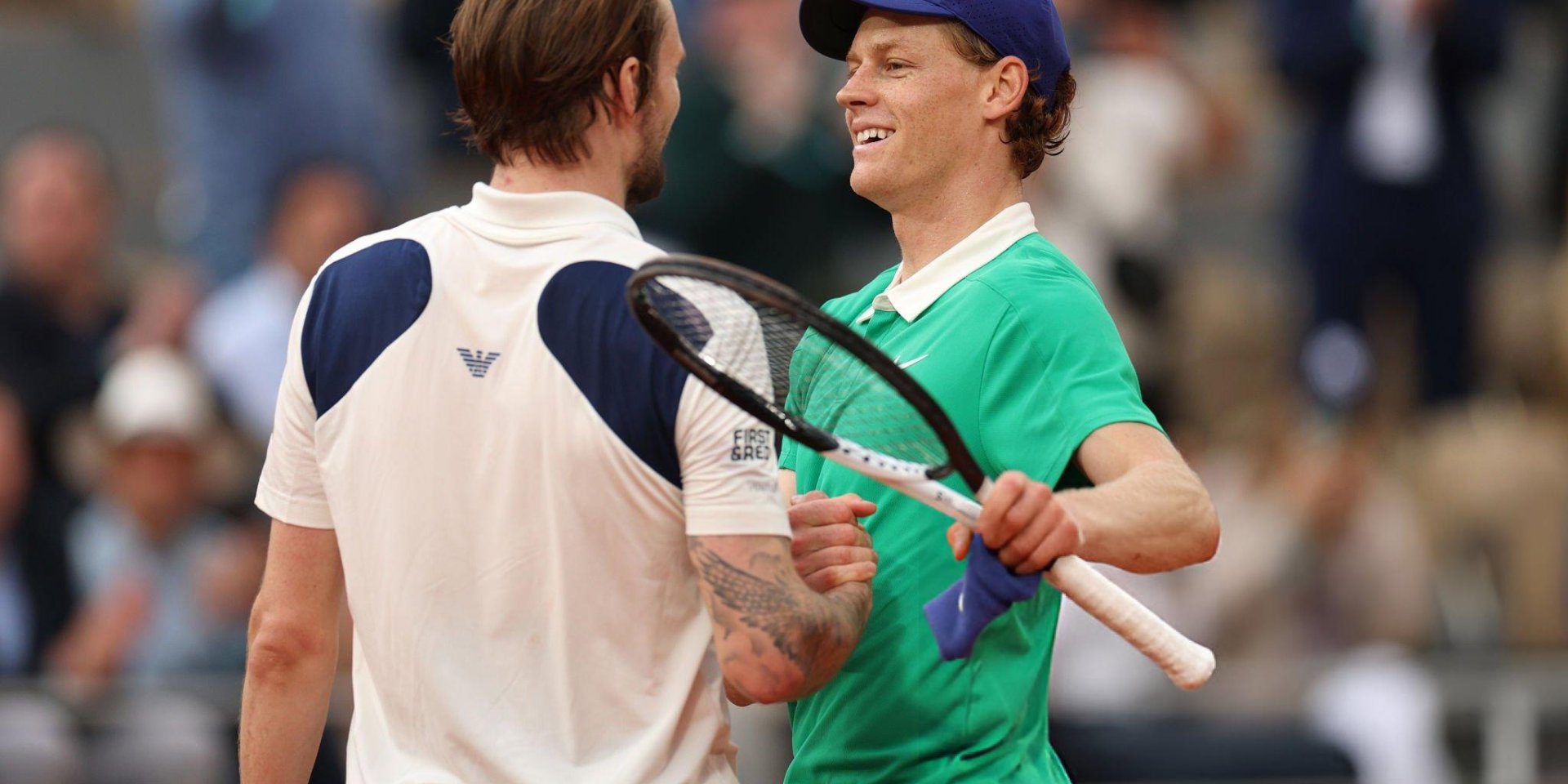
Paris Prologue: A Lesson on Red Clay
Just two weeks ago it seemed that Jannik Sinner’s season might remain almost flawless. At Roland Garros the Italian stormed into the semifinals, surrendering only one taxing set — against Alexander Bublik, who traditionally struggles on clay: the long rallies and slippery surface blunt his explosive aggression. Even so, the Kazakh managed to drag Sinner into a genuine roller-coaster, and the Italian called that 7-5 second set his most nerve-racking before facing Novak Djokovic and Carlos Alcaraz.
Changing the Scenery: Grass, Speed, and Bublik’s Cannons
The grass courts of Germany’s Terra Wortmann Open (ATP 500, Halle) are the perfect canvas for Bublik’s creativity. Here the ball stays low after the bounce, rallies shorten, and a powerful serve becomes almost untouchable. Little wonder Daniil Medvedev recently noted that on grass “you don’t need a complete game — just a set of top-quality strokes.” Bublik has that elite arsenal: kick serves at 220 km/h, biting winners off both forehand and backhand, sudden drop shots, and a deft slice. Grass amplifies every one of those weapons.
Three-Set Shock: The Score and the Broken Records
The favorite opened like a champion, taking the first set 6–3, but by mid-second set Bublik had seized the momentum — 6–3, and he closed the decider 6–4, capitalizing on his only break point. The scoreboard shows dry numbers, yet behind them two phenomenal streaks of the world No. 1 collapsed:
- for the first time since October 2023 Sinner leaves a tournament before the quarterfinals — back then Ben Shelton stopped him in Shanghai;
- for the first time since August 2023 he loses to an opponent outside the top 20 — the previous such defeat came in Cincinnati against Dušan Lajović.
Over the past 673 days only Carlos Alcaraz, Daniil Medvedev, Andrey Rublev — and now Alexander Bublik — had beaten the Italian. In 2025, until Thursday, that feat belonged solely to Alcaraz.
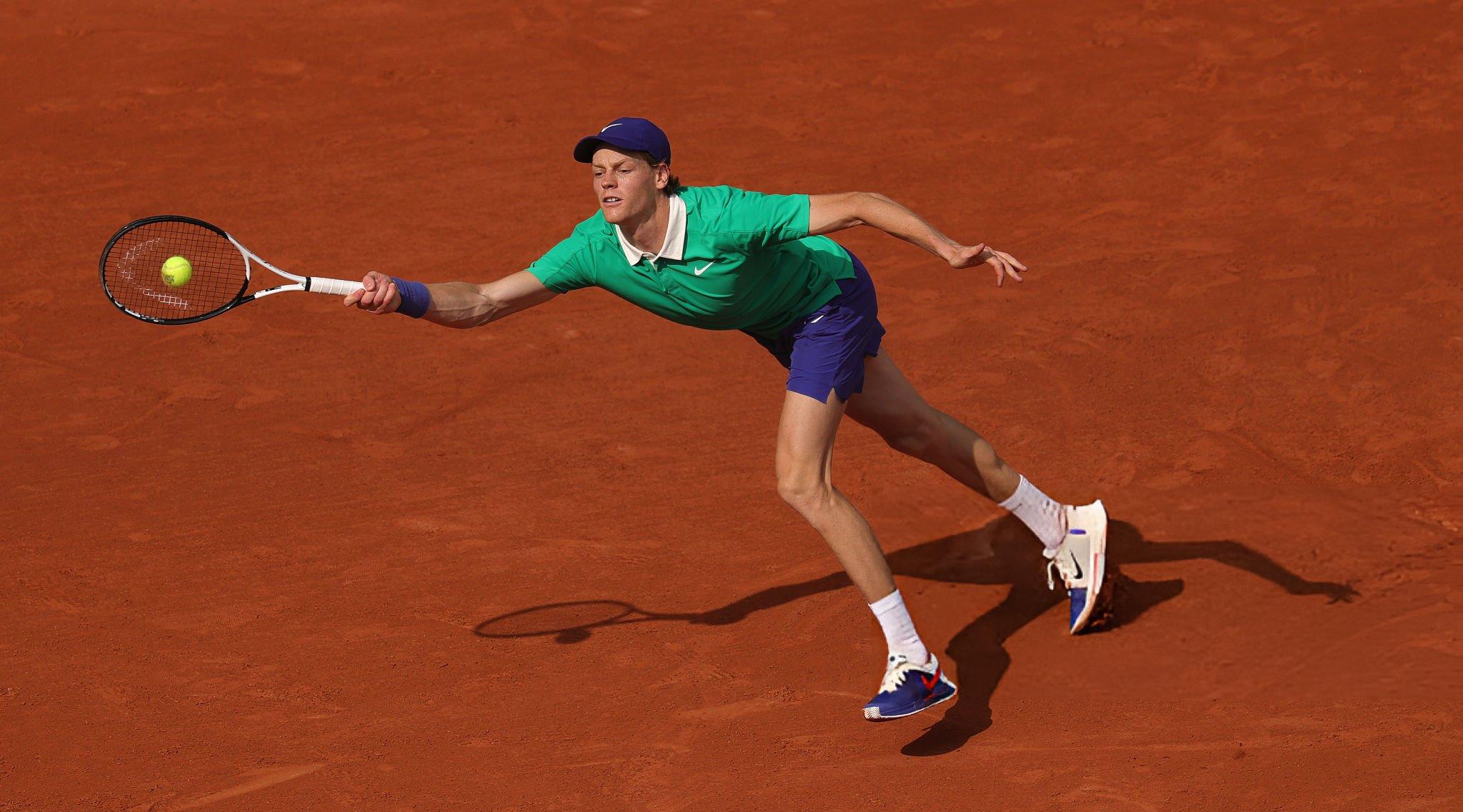
No. 1 Toppled: The Best Day of the Kazakh’s Career
For the Kazakh, the victory was historic: he had never before claimed the scalp of a world No. 1. An emblematic moment came when, after saving a break point early in the third set, Bublik turned to his box and slyly asked, “So why am I still ranked 45th?” — a reminder of his ability to laugh at the numbers. Yet after the handshake the sarcasm gave way to sober analysis: “I knew my chance on grass was higher than in Paris. I tried to hold serve and take every opportunity on return.”
Tactical Breakdown: Serve, Pressure, and a Cool Head
The key to the upset was total control of the first serve (Bublik won 82 percent of the points behind it) and unpredictability on the second. He mixed a central kick with a sharp slice wide, disrupting his opponent’s rhythm. When the ball did come back, Alexander switched to full-court pressure: a step inside the baseline, a forehand down the line, a charge to the net. In the final game he drilled a forehand winner at 158 km/h and then calmly closed the match with three aces. “On grass, if you drop serve it’s hard to get it back, so I fought for every point and put Jannik in awkward positions,” he explained.
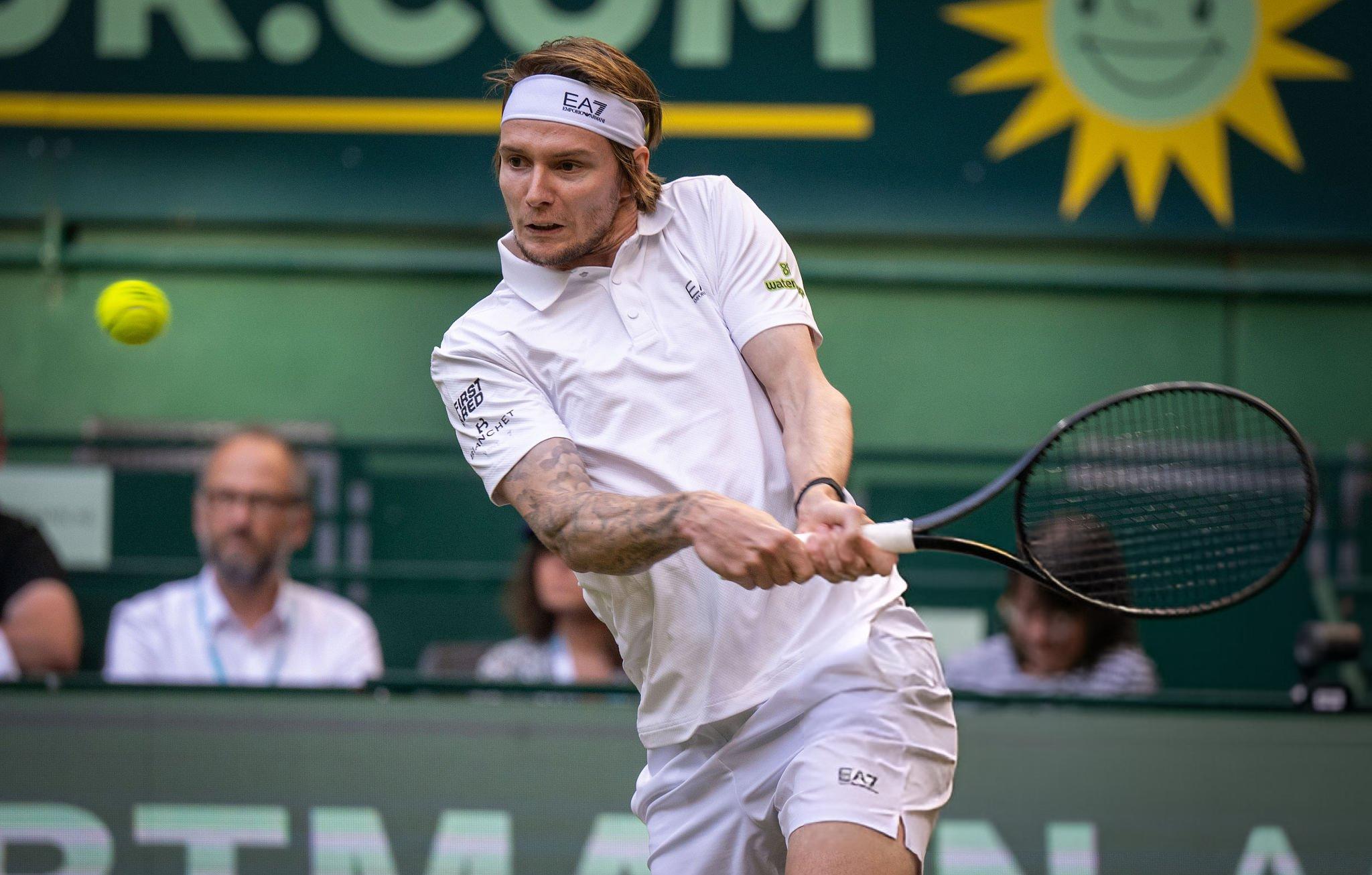
What’s Next: Czech Test and an Unfinished Mission
In the quarterfinal Bublik will face Tomáš Macháč — a skillful Czech who has enjoyed his own breakthrough this season. They have met once: in Miami 2024 Alexander won in straight sets, but he admits that past results mean nothing in a championship week. “The job in Halle is not finished,” the Kazakh stressed. “Beating the world No. 1 feels great, but they don’t give you the trophy for that. Tomorrow everything starts from scratch.”
Even so, that Thursday-2025 is already etched in his biography: the day a ringing serve and the bold imagination of the player from Shymkent made the seemingly unsinkable leader of world tennis wobble. Wimbledon and a short but intense European grass-court swing lie ahead — meaning Alexander Bublik has a chance to turn this thunderous sensation into the new normal.

